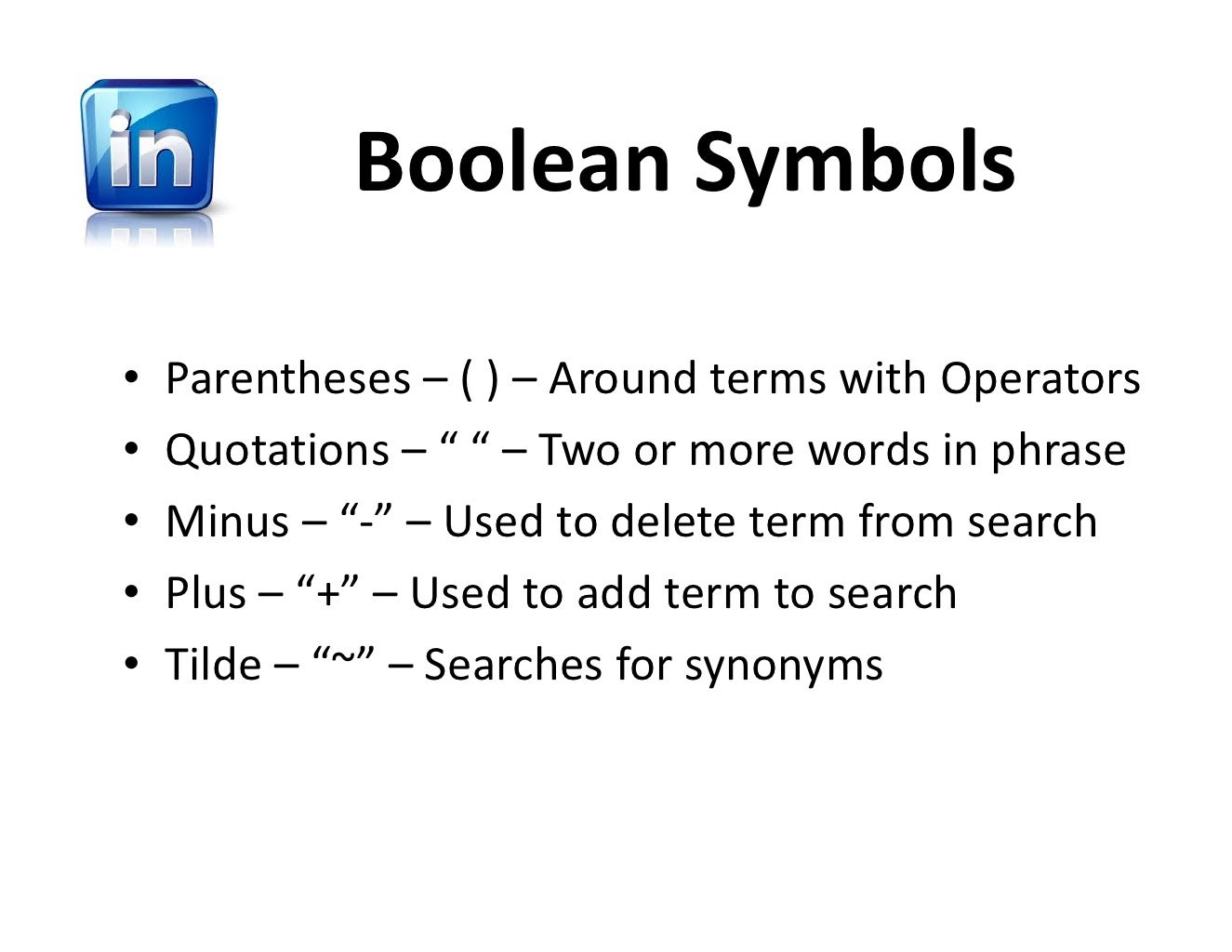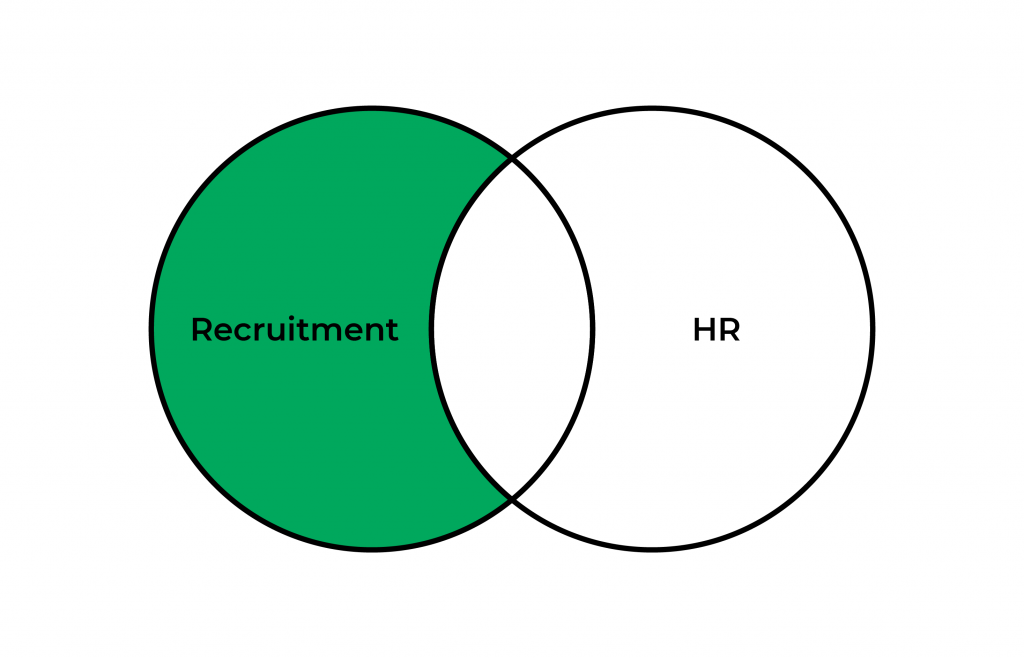

GoldFynch is eDiscovery software that makes it easy to find the documents you need. Want to search your case faster? Try GoldFynch, for free! Searching for John NOT Peter gets you emails with the word “John” but not “Peter.” Use the ‘NOT’ operator to cut out irrelevant results.

To do an advanced search, it’ll help to know what the Boolean operators mean and where to use them. Just simple text boxes and ‘drop-down’ boxes. For example, here’s what advanced searching with GoldFynch looks like. The best eDiscovery apps make advanced searches easy. Here’s a possible Boolean instruction: body CONTAINS palin OR subject CONTAINS sarah OR (body CONTAINS hello AND cc.address = here’s what you’ll be working with: Say you’re searching your case for emails to do with Sarah Palin. They handle the logic and math, so you don’t have to. The best eDiscovery apps make Boolean easy. If you want to tell your eDiscovery app to “ Find emails with the subject ‘IT Department,’ sent from John or Sam.” With Boolean, the app checks each email in your case, asking this question: Does this email have a subject saying “IT Department” AND the sender is “John” OR “Sam”? The answer is either ‘yes’ or ‘no.’ And search engines love this. AND, OR, NOT) to connect keywords in an advanced search. Boolean logic also uses ‘operators’ (e.g. So, all logic is broken down into 1’s and 0’s. Because, you can make ‘yes’ into 1 and ‘no’ into 0. And the ‘yes’/’no’ tactic lead to binary–the basis of all computing. Making logic into math meant that computers could crunch numbers instead of words.

The answer to ‘ Peter is mortal’ is either ‘yes’ or ‘no.’ And second, he set them up to have only two possible answers–‘yes’ or ‘no.’ E.g. First, he converted them to math equations. Therefore Peter is mortal), and did two cool things with them. And his work helped people (more than a century later) invent computers and search engines. George Boole was a British Mathematician in the 1800s. So, how do advanced searches work? Well, they use Boolean logic. And which were sent before 2015.” This sort of highly specific search is hugely useful further into a review, when you’re looking for something in particular. Like, “Find all emails John Anderson sent Sally Nedry, which mention the Pfizer meeting. Here, you combine multiple keywords and tell your eDiscovery software how and where to search for them. Things get even better when you use advanced searches. With eDiscovery, you choose the right keywords and let your app find the files you need. And it’s easy to get distracted along the way. Reading through thousands of documents to find the information you need wastes time. If you’ve tried eDiscovery, you know the power of its ‘search’ feature.īuilding a case is a long process. One of the most powerful features of electronic discovery (e-discovery or eDiscovery) is the ‘advanced search.’ Here, we explore how advanced searches work and how you can make the most of them.


 0 kommentar(er)
0 kommentar(er)
